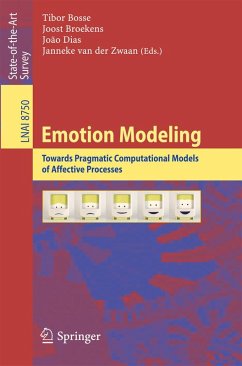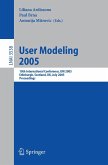Emotion modeling has been an active area of research for almost two decades now. In spite of the growing and diverse body of work in emotion modeling, designing and developing emotion models remains an art, with few standards and systematic guidelines available to guide the design process, and to validate the resulting models. This state-of-the-art volume includes extended versions of eight papers presented at two workshops: Standards in Emotion Modeling, SEM 2011, held in Leiden, The Netherlands, in August 2011, which focused on the challenges, progress and open questions regarding emotion modeling standards, and Emotional and Empathic Agents, EEA 2012, held in conjunction with AAMAS 2012, in Valencia, Spain, in June 2012, which focused on strategies for reducing the complexity of affective models and model re-use. The papers have been organized into two sections: generic models and frameworks, and evaluations of specific models. They represent a sampling of the current efforts toward the development of more systematic methods for emotion modeling, toward the development of standards in emotion model design and validation, and toward more pragmatic approaches to model development, including model component sharing and re-use. The topics range from efforts to define minimum functionalities for agent emotion models and provide tools for systematic comparisons of alternative approaches through approaches to integrating multiple processing levels within an agent architecture to papers exploring the best means of generating empathy and supportive behavior in virtual agents and attempts to address the requirements for realistic modeling of affective expressions across multiple types of social interaction (individual, group and cultural).
Dieser Download kann aus rechtlichen Gründen nur mit Rechnungsadresse in A, B, BG, CY, CZ, D, DK, EW, E, FIN, F, GR, HR, H, IRL, I, LT, L, LR, M, NL, PL, P, R, S, SLO, SK ausgeliefert werden.









